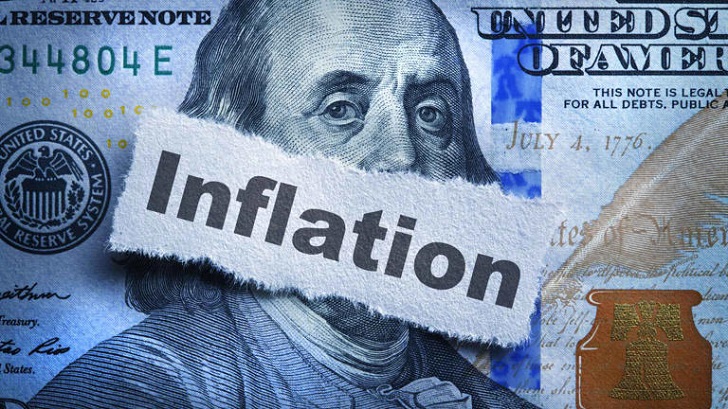Retail business owners are often on the front lines when grappling with the ripple effects of inflation. From surging supplier prices to shifts in consumer spending habits, the complexities of inflation are felt acutely in the retail sector. The ongoing geopolitical tensions, such as those between Ukraine and Russia, compound these challenges, making the business environment even more unpredictable.
What Is Inflation?
In simple terms, inflation indicates a general price rise, which can erode purchasing power over time. For instance, if a grocery store owner bought a basket of potatoes for $50 two years ago and pays $60 today, it’s clear that while the basket’s contents haven’t changed, the cost has increased by 20%. This scenario exemplifies how inflation can decrease money’s value, impacting consumers and businesses by making everyday goods and services more expensive.

Inflation typically results from increased demand and costs. When consumers have more money to spend, demand rises, leading to higher prices as the supply diminishes. Conversely, cost-push inflation occurs when the prices of inputs, like raw materials and labor, increase. Both scenarios can strain retail businesses, forcing them to adjust their pricing strategies and manage costs meticulously.
How Does Inflation Affect Businesses?
The effects of inflation on retail businesses are multifaceted, influencing everything from consumer demand to supply chain dynamics.
Less Consumer Demand
As prices rise, consumers may become more cautious with their spending, particularly on non-essential items. This shift can lead to decreased foot traffic and sales for retail stores, especially those that do not sell necessities. Recent data reveals that many retailers have observed a dip in their revenue forecasts for the upcoming year, with consumer caution being a significant factor.

Supply Chain Impact
The global supply chain is crucial in determining retail prices and availability. The pandemic has exacerbated supply chain issues, creating a surge in demand for products like electronics and furniture, which has overwhelmed the strained system. This has led to increased shipping costs and delays, which, in turn, have impacted retail pricing and inventory management. These challenges highlight retailers’ need to understand and adapt to the ongoing supply chain disruptions to maintain profitability.
Navigating Inflation in Retail
Understanding inflation’s implications is crucial for retailers to navigate its challenges effectively. While inflation can disrupt cash flow and lead to inventory and pricing issues, there are strategies retailers can implement to mitigate these effects.
Embracing Digital Transformation
Digital sales channels have become indispensable in the modern retail landscape. By leveraging online platforms, retailers can reach a broader audience without the overhead costs associated with physical stores. Additionally, e-commerce allows for dynamic pricing strategies that can help manage inflationary pressures more effectively.
Streamlining Operations
Improving operational efficiency can also help retailers manage the costs associated with inflation. This might include better inventory management to avoid overstocking, optimizing sales strategies based on consumer behavior data, and reducing fixed costs wherever possible. Each of these steps can help maintain a healthier cash flow and reduce the impact of rising costs.
Focusing on Customer Experience
Maintaining a strong focus on customer satisfaction is essential, especially during inflationary times when consumers are more price-sensitive. Providing excellent service and enhancing the customer experience can help retain loyalty and encourage repeat business, vital for sustaining revenue during challenging economic periods.

While inflation presents significant challenges for retailers, it also offers an opportunity to refine business strategies and strengthen operational resilience. By understanding how inflation impacts the retail sector and implementing strategic measures to counteract its effects, retailers can navigate these turbulent times with greater confidence and success.




